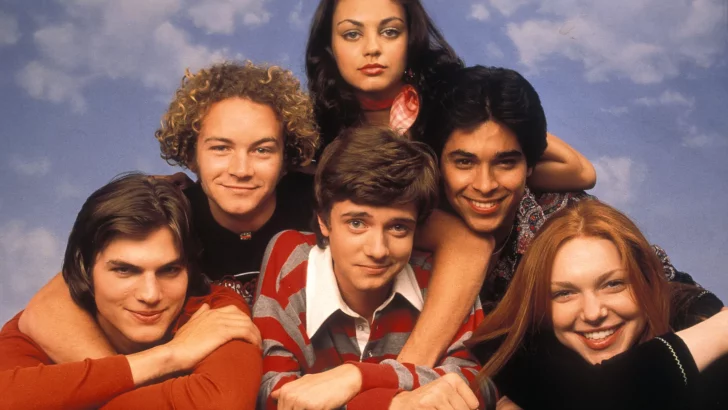The 1970s were a transformative decade marked by cultural shifts, economic changes, and technological advancements. It was a time when bell-bottoms, disco, and rock ‘n’ roll were at the forefront of popular culture. While ‘That ’70s Show’ captured the essence of teenage life during this era, there are several aspects it missed.
From the political unrest to the social dynamics that defined a generation, the reality of growing up in the ’70s was far more complex and fascinating. In this post, we delve into 14 things the show overlooked, giving a nod to the vibrant and tumultuous decade that shaped a generation.
1. Political Activism
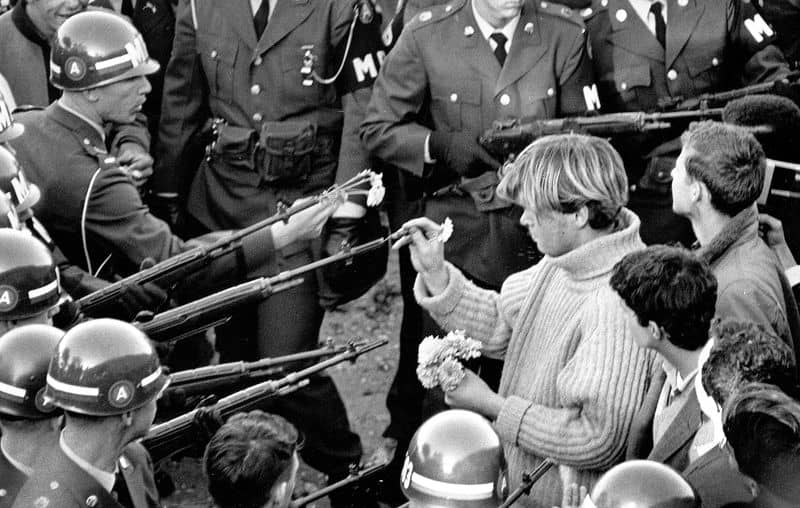
The 1970s were a hotbed of political activism. Young people were deeply involved in advocating for civil rights, women’s liberation, and anti-war movements. These issues were not only discussed in classrooms but debated passionately at dining tables and community gatherings. Teenagers often found themselves at the forefront of these movements, attending rallies and participating in sit-ins. This era of activism instilled a sense of responsibility and empowerment among the youth, driving social change and shaping future leaders. These experiences provided not just education, but also a profound sense of purpose and commitment to justice.
2. Economic Challenges
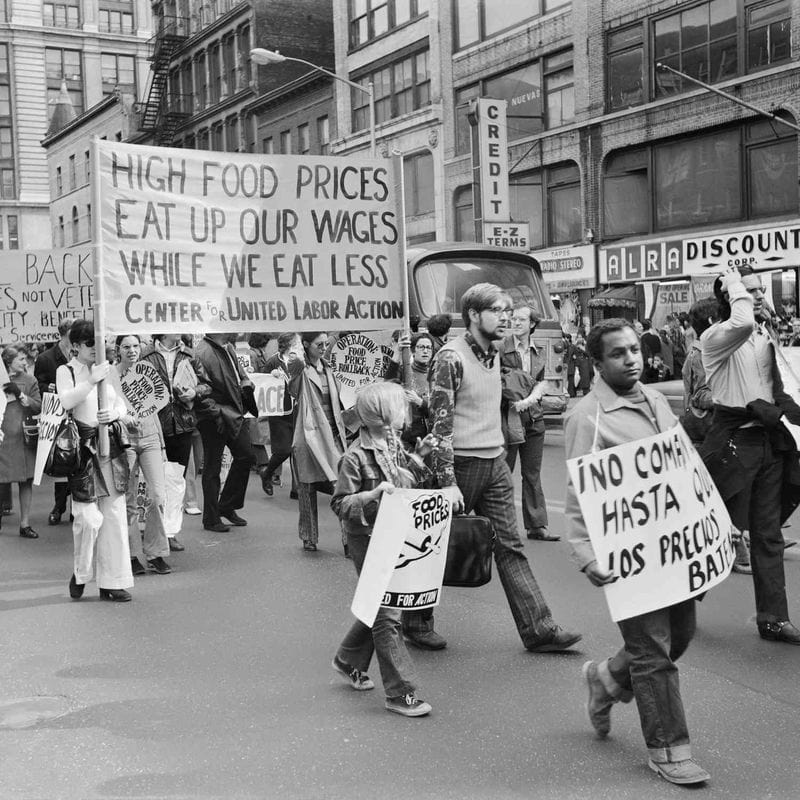
The ’70s were marked by economic turmoil, with inflation rates soaring and unemployment levels rising. Families often faced financial hardships, leading to budget cuts and lifestyle changes. Teenagers in many households took on part-time jobs to contribute to family income. This economic strain taught young individuals valuable lessons in financial responsibility and resilience. It also led to creative solutions and a sense of community as neighbors supported each other. Economic challenges prompted a deeper understanding of the value of money and the necessity of planning for a secure future.
3. Fashion Evolution
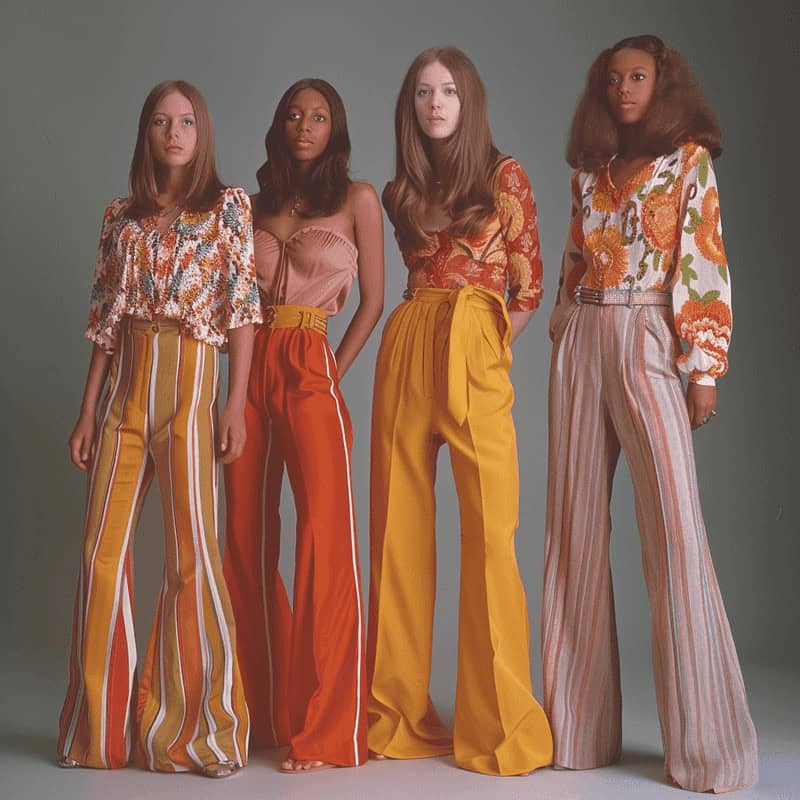
Fashion in the 1970s was a bold statement of individuality and rebellion against conventional norms. Bell-bottoms, tie-dye shirts, and platform shoes became symbols of self-expression. Teenagers experimented with their looks, drawing inspiration from rock stars and celebrities. The era also saw the rise of unisex clothing, reflecting the changing dynamics of gender roles. Fashion became a means of identity and communication, allowing young people to express their beliefs and affiliations. These trends fostered creativity and a sense of belonging in a rapidly changing world.
4. Music Revolution
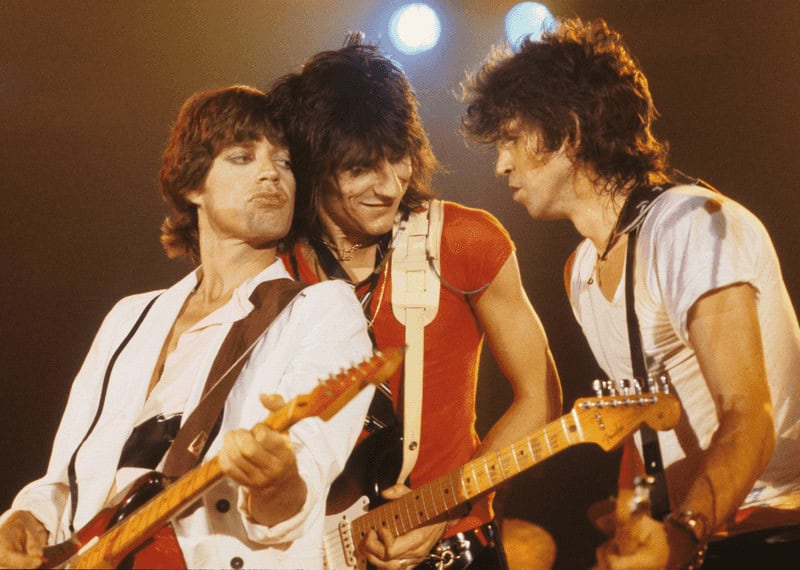
The music scene of the 1970s was revolutionary, shaping the cultural fabric of the decade. Rock ‘n’ roll, disco, and punk genres provided the soundtrack for a generation seeking change. Music festivals like Woodstock became iconic, offering a sense of freedom and community. Teenagers found solace and inspiration in music, attending concerts and forming bands. Lyrics often reflected social issues, resonating with the youth’s desire for change. This musical explosion not only entertained but also unified a diverse group, fostering a shared sense of identity and hope for the future.
5. Technological Innovations

The 1970s witnessed significant technological innovations that altered everyday life. The introduction of personal computers, video games, and VCRs opened new avenues for entertainment and information. Teenagers were among the first to embrace these technologies, spending hours playing arcade games or watching movies at home. This tech evolution fostered creativity and curiosity, paving the way for future advancements. It also marked the beginning of the digital age, influencing communication and learning methods. The rapid pace of innovation during the ’70s laid the groundwork for the digital revolution that would follow.
6. Changing Family Dynamics
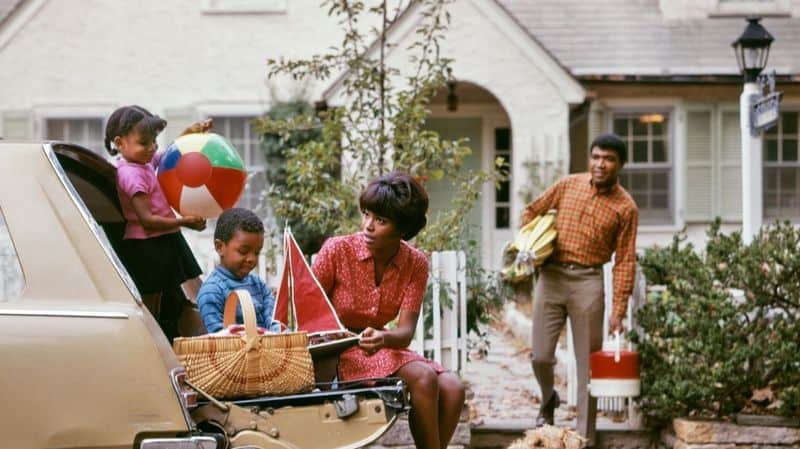
Family dynamics underwent significant changes during the 1970s. As more women entered the workforce, traditional roles shifted, impacting household responsibilities and relationships. This era saw the rise of single-parent families and blended households, challenging conventional norms. Teenagers navigated these changes, learning to adapt and understand diverse family structures. These shifts fostered resilience and empathy, as young individuals witnessed the complexities of balancing work and family life. The changing dynamics also encouraged open communication and mutual respect, laying the foundation for modern family values.
7. Environmental Awareness
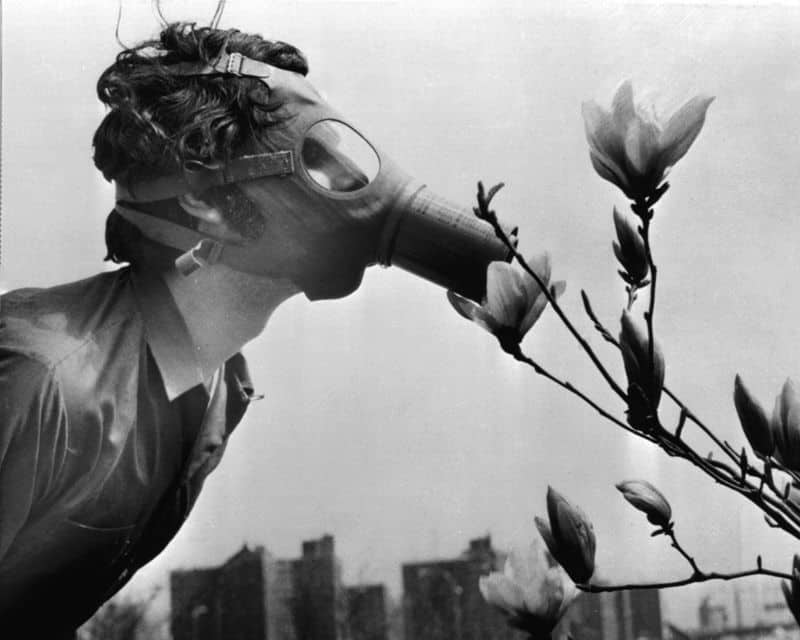
The 1970s marked the beginning of mainstream environmental awareness, with the first Earth Day celebrated in 1970. Growing concerns about pollution and conservation led to the establishment of key environmental regulations. Teenagers participated in clean-up drives, recycling campaigns, and educational programs, fostering a sense of responsibility towards the planet. This era saw the emergence of eco-friendly habits and sustainable living practices. The environmental movement of the ’70s instilled a lasting commitment to protecting nature, influencing future generations to prioritize sustainability and ecological preservation.
8. Diverse Pop Culture

Pop culture in the 1970s was diverse and dynamic, reflecting the era’s social and cultural shifts. Comic books, science fiction movies, and television shows like ‘Star Trek’ captured the imagination of young audiences. These mediums offered escapism and inspiration, encouraging creativity and exploration. Teenagers avidly followed trends, collecting merchandise and attending conventions. Pop culture became a unifying force, transcending boundaries and fostering a sense of community. This diversity of entertainment options allowed individuals to explore new perspectives and ideas, shaping their worldview and aspirations.
9. Sports and Recreation
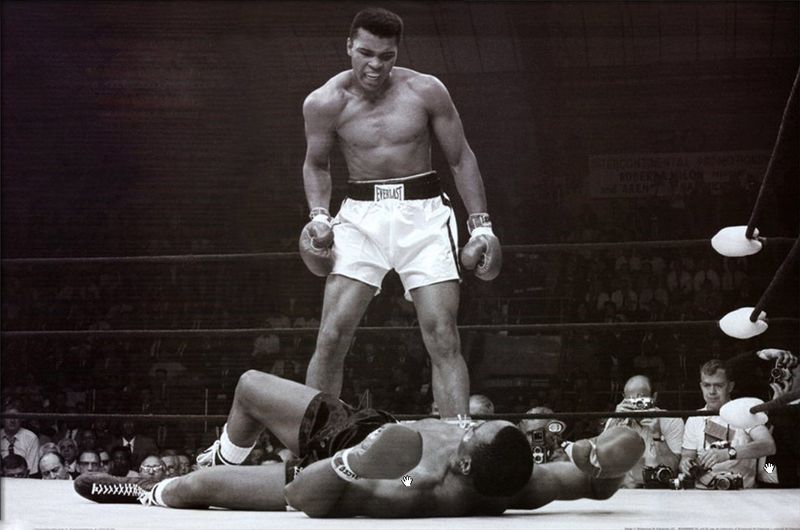
Sports and recreation were integral to the lifestyle of the 1970s, offering both physical and social benefits. Popular sports like baseball, basketball, and skateboarding provided outlets for energy and creativity. Community parks and recreational centers became gathering spots for teenagers, fostering friendships and teamwork. The era also saw the rise of fitness crazes like jogging and aerobics, promoting health and well-being. These activities encouraged a balanced lifestyle, emphasizing the importance of physical activity in daily life. Sports in the ’70s were more than games; they were a way to connect, learn, and grow.
10. Educational Shifts
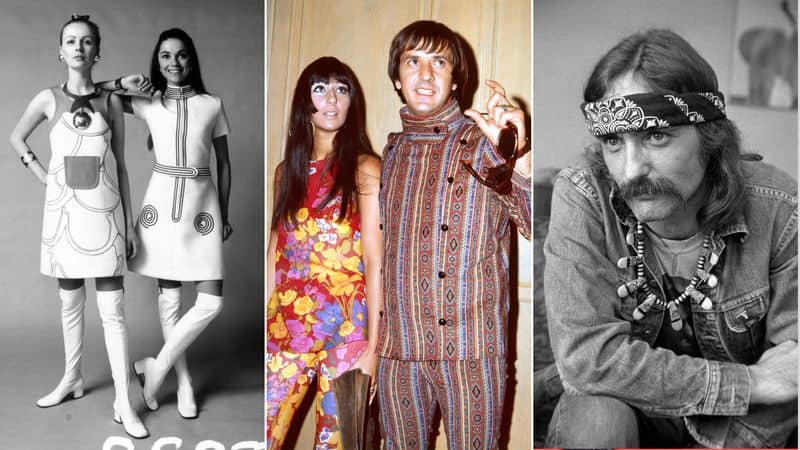
Education in the 1970s underwent significant changes, reflecting the era’s social and cultural evolution. Progressive teaching methods and diverse curricula aimed to foster critical thinking and inclusivity. Schools became arenas for social change, addressing issues like racial integration and gender equality. Teenagers experienced a more open and dynamic learning environment, preparing them for a rapidly changing world. These educational reforms emphasized creativity, collaboration, and lifelong learning. The shifts in education during the 1970s laid the groundwork for modern pedagogical approaches, highlighting the importance of adaptability and innovation.
11. Travel and Exploration
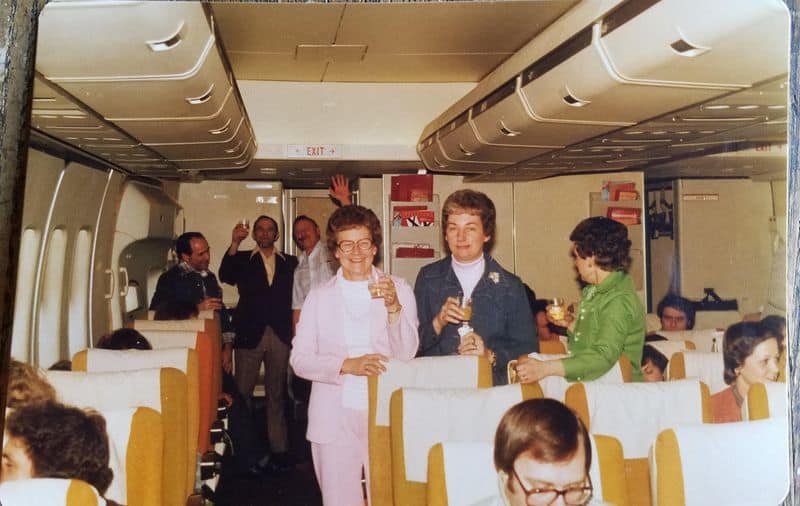
Travel in the 1970s became more accessible, opening up new horizons for exploration and adventure. The rise of commercial aviation made distant destinations reachable, sparking a sense of wanderlust. Teenagers embraced the opportunity to discover new cultures and experiences, whether through school trips or family vacations. This era of travel fostered curiosity and open-mindedness, encouraging young people to broaden their perspectives. The exploration of different places and traditions enriched their understanding of the world, promoting tolerance and appreciation for diversity. Travel became an educational journey, shaping a generation’s worldview.
12. Food and Culinary Changes

The culinary landscape of the 1970s was marked by experimentation and innovation. Global influences began to enter mainstream cooking, with ethnic cuisines gaining popularity. Teenagers were exposed to a variety of flavors and dishes, expanding their culinary horizons. This era also saw the rise of convenience foods and fast food chains, changing eating habits. The emergence of health food movements introduced organic and vegetarian options. These culinary changes encouraged an adventurous palate and an appreciation for diverse cuisines. The food trends of the ’70s shaped modern dining experiences, emphasizing variety and creativity.
13. Social Gatherings and Events
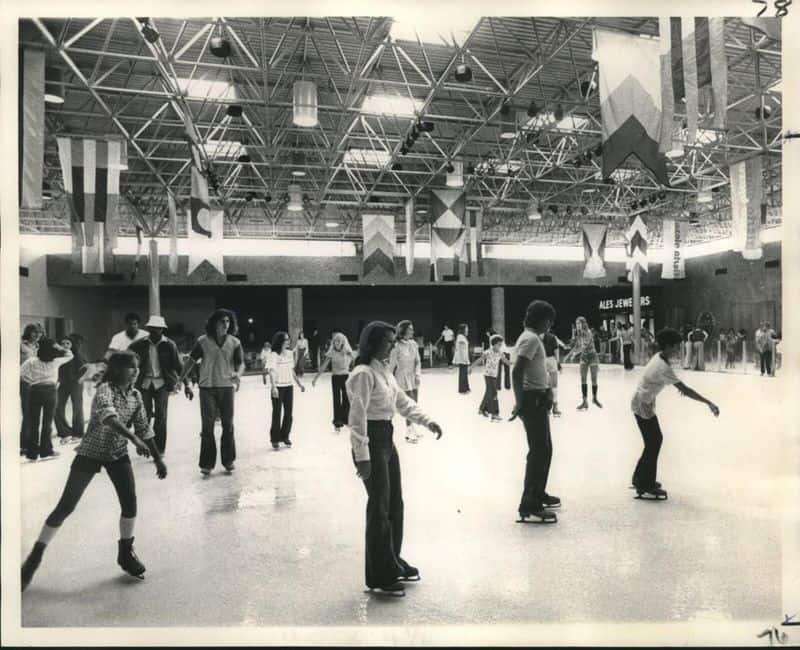
Social gatherings in the 1970s were vibrant and diverse, reflecting the era’s cultural dynamics. House parties, dance clubs, and community events offered opportunities for connection and celebration. Teenagers enjoyed hosting and attending these gatherings, embracing the freedom and excitement they offered. The popularity of discos and dance halls provided lively venues for socializing and self-expression. These events fostered a sense of community and belonging, allowing young individuals to form lasting relationships. Social gatherings in the ’70s were more than parties; they were spaces for exploration and growth.
14. Media Influence
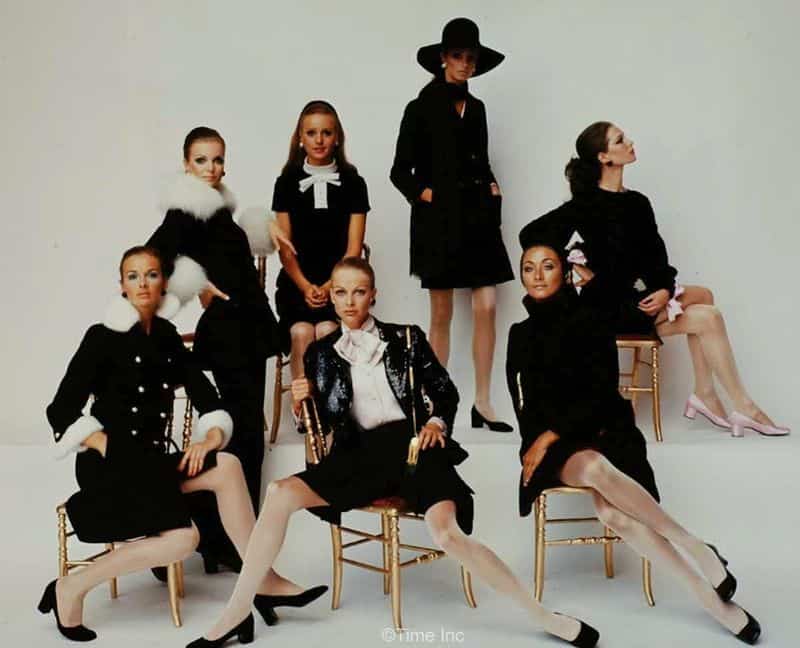
Media in the 1970s played a pivotal role in shaping public opinion and cultural trends. Television, radio, and print media provided windows to the world, influencing views and aspirations. Teenagers were avid consumers of media content, eagerly following shows, music, and news. The era saw the rise of influential programs and personalities, guiding discussions and debates. Media became a tool for education and entertainment, offering insights into global events and social issues. The impact of media in the ’70s was profound, shaping a generation’s values and perspectives.
15. DIY Culture and Creativity

The 1970s fostered a strong do-it-yourself (DIY) spirit, with creativity and self-sufficiency celebrated across generations. Teens learned to sew their own clothes, build skate ramps, and personalize their bedrooms with shag carpeting, lava lamps, and handmade posters. Crafts like macramé, tie-dye, and beadwork were all the rage, reflecting a broader cultural push toward individuality and expression.
This hands-on approach wasn’t just about aesthetics—it taught valuable skills and resourcefulness. In contrast to today’s digital convenience culture, the ’70s encouraged problem-solving and personalization, making the DIY movement an empowering part of teenage life that ‘That ‘70s Show’ barely scratched the surface of.

Well, hello there!
My name is Jennifer. Besides being an orthodontist, I am a mother to 3 playful boys. In this motherhood journey, I can say I will never know everything. That’s why I always strive to read a lot, and that’s why I started writing about all the smithereens I came across so that you can have everything in one place! Enjoy and stay positive; you’ve got this!

